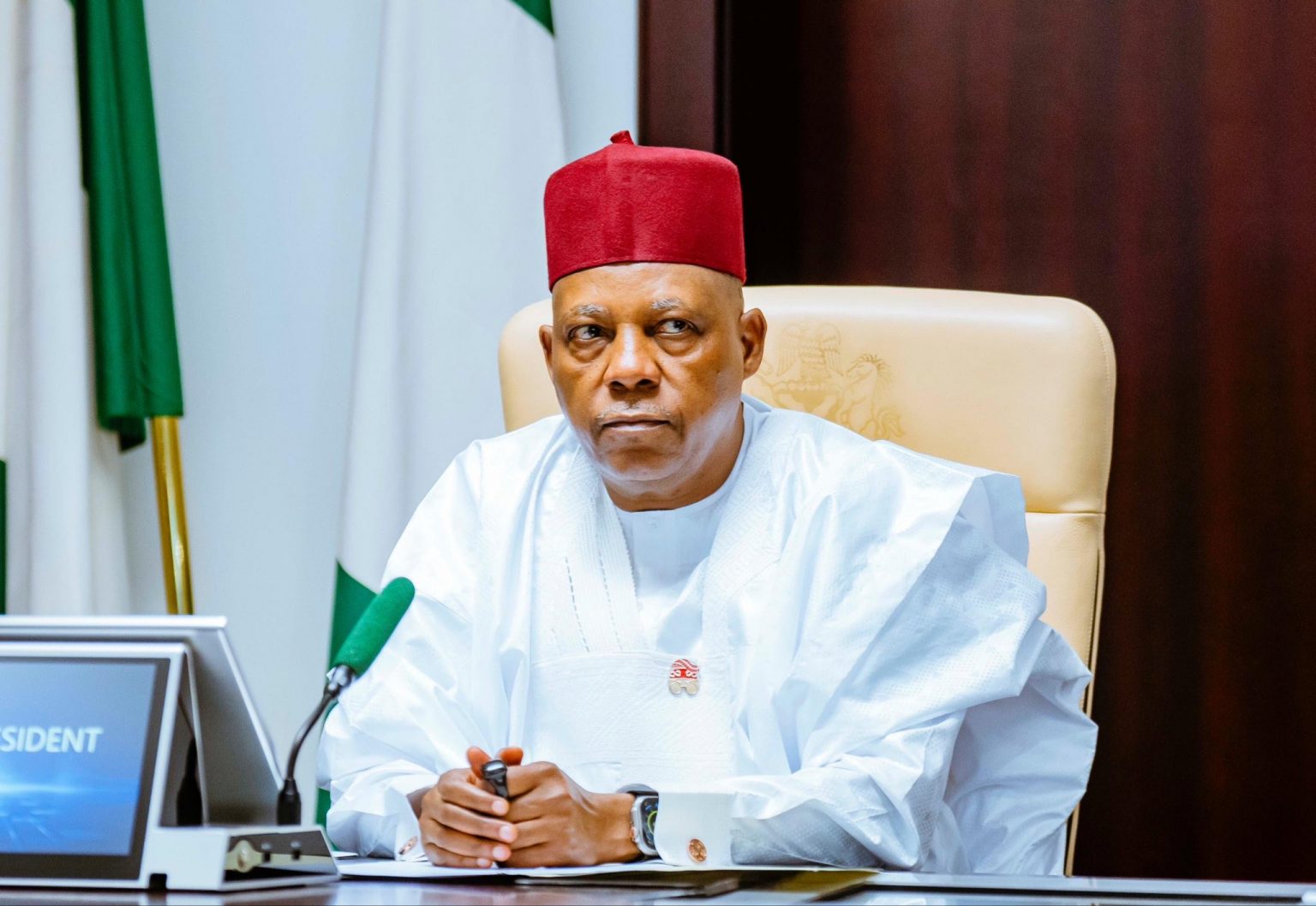Vice President Kashim Shettima has announced that the Federal Government will create at least 20,000 jobs annually through the second phase of the Nigeria Jubilee Fellows Programme (NJFP 2.0).
Speaking ahead of the official launch scheduled for October 22 in Abuja, Shettima said the initiative aligns with President Bola Tinubu’s Renewed Hope Agenda and aims to connect young graduates with real work experience, mentorship, and entrepreneurship opportunities.
He also inaugurated the Project Steering Committee, urging members to ensure inclusivity and deliver measurable outcomes that improve the lives of young Nigerians nationwide.
The Nigeria Jubilee Fellows Programme, implemented in partnership with the United Nations Development Programme (UNDP) and funded by the European Union (EU), was first launched in 2022 to bridge the gap between learning and earning.
Over 14,000 young Nigerians have benefited from its 12-month paid fellowship.
Shettima described the new phase as a strategic effort to transform Nigeria’s youth population into a driver of economic growth, highlighting the importance of effective collaboration between government and development partners.
Deputy Chief of Staff to the President, Senator Ibrahim Hassan Hadejia, said NJFP 2.0 has been redesigned to reflect new economic realities and lessons learnt from the first phase.
Supported by the EU, the programme will deploy at least 24,000 fellows over the next 10 months through employment placements and entrepreneurship training.
He said the approach aligns with Tinubu’s focus on job creation, enterprise growth, and youth empowerment across key sectors such as agriculture, digital technology, manufacturing, renewable energy, and the creative industries.
EU Ambassador to Nigeria and ECOWAS, Mr Gautier Mignot, alongside UNDP Resident Representative, Elsie Attafuah, hailed the initiative as a transformative model for youth empowerment and job creation.
They reaffirmed their commitment to supporting Nigeria’s drive for innovation and sustainable employment, describing NJFP 2.0 as a testament to what can be achieved through strong government–partner collaboration.

